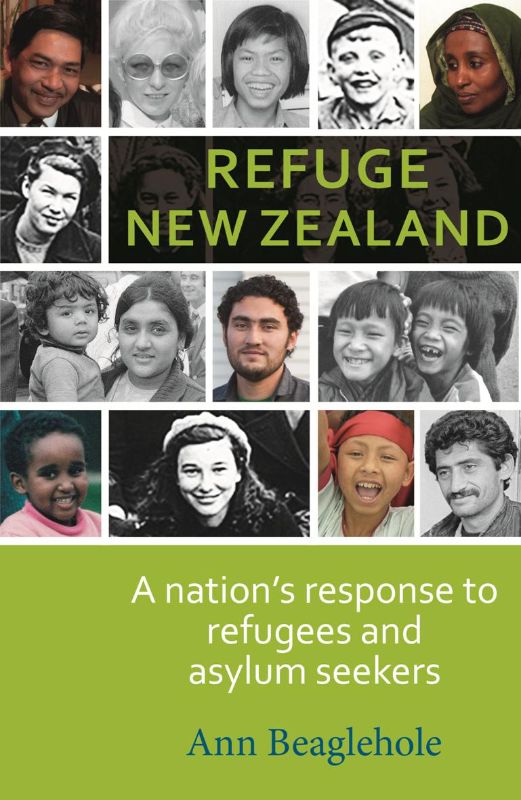Refuge NZ
Discover the profound insights of 'Refuge New Zealand,' a compelling paperback by Ann Beaglehole that explores the complex history of refugees and asylum seekers within New Zealand. This enlightening book spans 263 pages and provides a rich cultural perspective on the struggles faced by individuals escaping war, persecution, and discrimination. Since 1840, New Zealand has become a sanctuary for countless people seeking safety and a fresh start. In 'Refuge New Zealand,' readers will uncover the narratives of those who have found refuge and those who have been marginalized, as well as the intricate policies that have shaped New Zealand's refugee immigration landscape.
This essential volume critically examines the selection criteria employed for refugee migrants, highlighting the often unrecognized biases embedded in public policy regarding refugee admissions. Additionally, a significant focus is placed on the experiences of Maori, who have endured their own challenges reminiscent of refugee conditions due to historical injustices. Ideal for enthusiasts of human rights, migration studies, and New Zealand's societal evolution, this book is a must-read.
Dimensions: 150 x 230 mm
Published: November 20, 2013
Author: Ann Beaglehole
Publisher: Otago University Press
Format: Paperback
Join the conversation about New Zealand's humanitarian legacy and the ongoing narratives of refuge that continue to shape our society. Don't miss out on the opportunity to explore these vital histories within the pages of 'Refuge New Zealand.'
Delivery Information
Delivery Information
Delivery takes 3-12 business days after dispatch from our fulfillment center, unless stated otherwise. In most cases, your order will arrive before the 12-day mark; however, some items may take up to the full 12 working days.
Payment & Security
Payment methods
Your payment information is processed securely. We do not store credit card details nor have access to your credit card information.


